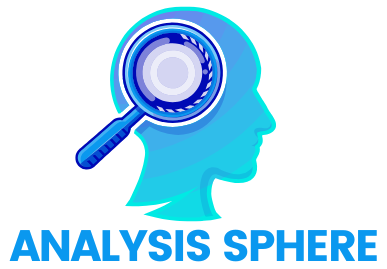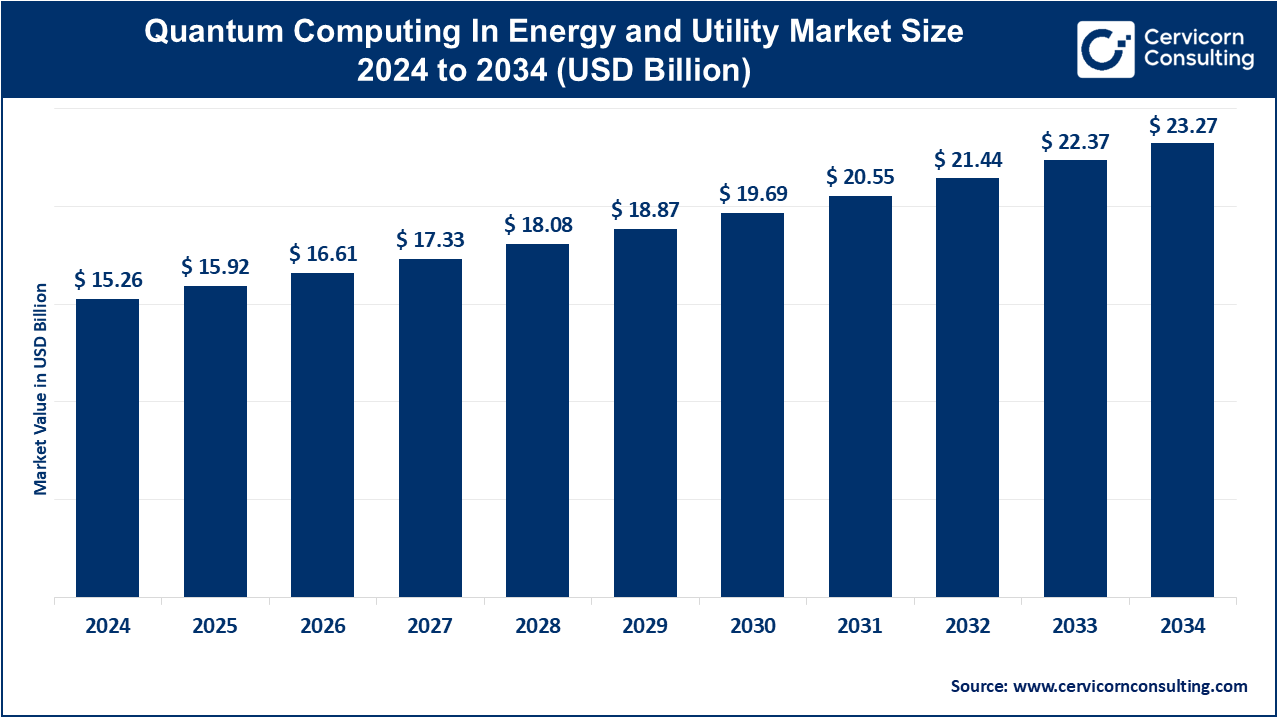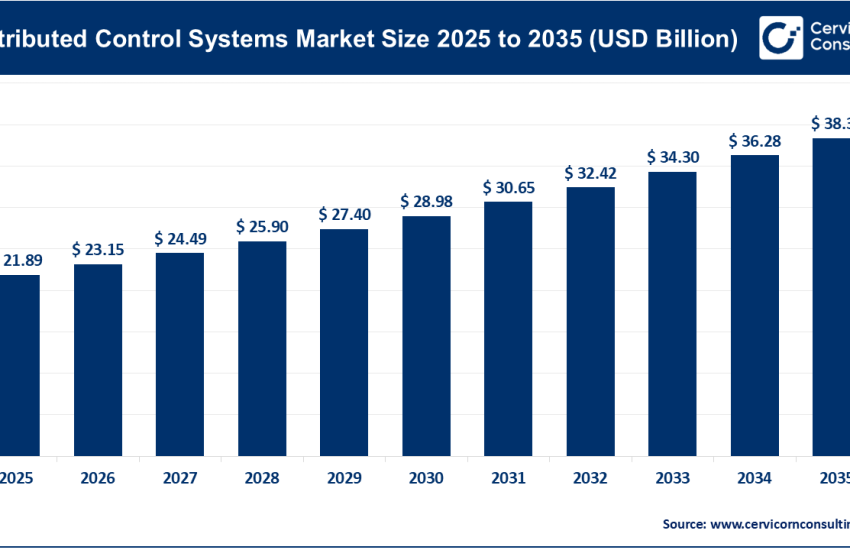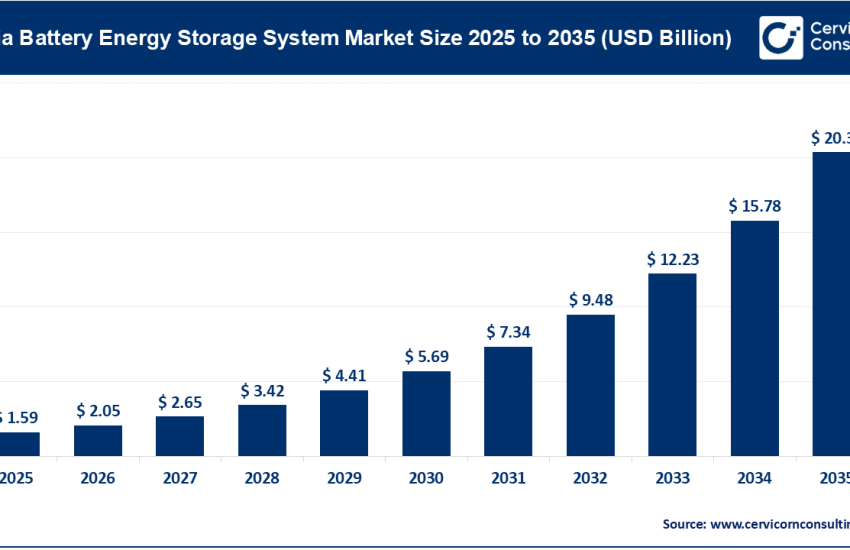Quantum Computing in Energy and Utility Market Insights 2025-2034
Quantum Computing In Energy And Utility Market Overview
The Quantum Computing in Energy and Utility market is an emerging segment that leverages quantum mechanics to address some of the most pressing challenges in the energy and utility sectors. As of 2024, the market was valued at approximately USD 15.26 billion and is projected to reach USD 23.27 billion by 2034, growing at an impressive CAGR of 4.34% from 2025 to 2034. This growth is driven by the increasing demand for sustainable energy solutions, optimization of power grids, and advancements in quantum computing technologies.
How Are Regional Policies Shaping Quantum Computing in the Energy and Utility Market?
North America
Investment in Research and Development:
- The U.S. government has allocated billions through initiatives like the National Quantum Initiative Act to accelerate quantum research.
- Collaborations between tech giants like IBM and energy corporations such as ExxonMobil are enabling quantum simulations to optimize energy production, refine battery technologies, and improve carbon capture and sequestration (CCS) methods.
- Canada’s focus is on using quantum technologies to modernize aging grid infrastructures, ensuring resilience against cyberattacks and environmental disruptions.
Energy Grid Resilience:
- North America’s electrical grids are facing increasing demand and challenges from renewable integration. Quantum computing is being deployed to predict and mitigate potential disruptions, ensuring a stable and resilient grid system.
Europe
Green Energy Goals:
- The European Green Deal outlines the EU’s commitment to becoming climate-neutral by 2050, emphasizing renewable energy integration. Quantum computing is helping enhance the accuracy of renewable energy forecasts, reducing downtime and improving grid stability.
- Utilities are using quantum algorithms to simulate complex energy scenarios, allowing for better decision-making in transitioning to renewable sources.
Cross-Border Collaborations:
- The Quantum Flagship program, with a €1 billion investment over ten years, fosters partnerships across industries and academia. These collaborations are advancing quantum-based grid optimization and storage solutions, particularly in renewable-heavy markets like Germany and Denmark.
Asia-Pacific
Smart Grid Expansion:
- China, Japan, and South Korea are leading the charge in developing smart grid systems enhanced by quantum computing. These grids can balance the intermittent nature of solar and wind energy, ensuring consistent power delivery.
- Quantum-enhanced sensors and IoT devices are being deployed to monitor and optimize energy usage in real-time.
Government Support:
- China’s 14th Five-Year Plan emphasizes quantum research and its integration into critical sectors like energy. Efforts like the Quantum Internet Plan aim to secure energy data transmission and optimize distribution systems.
- Japan’s investments in quantum materials and sensors are driving innovations in energy storage and transmission.
Latin America
Focus on Renewable Energy:
- Countries like Brazil, which heavily rely on hydroelectric power, are adopting quantum computing to predict water flow patterns and manage reservoir levels more efficiently.
- Chile’s solar and wind farms are leveraging quantum simulations to optimize energy output and minimize resource wastage.
International Collaborations:
- Partnerships with quantum leaders from North America and Europe are helping Latin America access cutting-edge solutions. These collaborations enable the deployment of quantum-based models for managing renewable resources effectively.
Get a Free Sample: https://www.cervicornconsulting.com/sample/2450
How Are Major Players Driving Innovation in Quantum Computing for Energy and Utility?
Technology Advancements
Quantum Algorithms for Optimization:
- Google’s quantum research team is developing algorithms to enhance energy grid designs, reducing energy loss during transmission.
- D-Wave Systems is pioneering quantum annealing technologies, which help solve optimization problems such as load balancing across energy grids.
Predictive Maintenance:
- By integrating quantum computing with machine learning, companies like Honeywell are predicting when and where equipment might fail, reducing downtime and maintenance costs.
- This is especially valuable for renewable energy farms where turbine or panel failures can significantly impact energy production.
Strategic Partnerships
Collaborations for Sustainability:
- Microsoft Azure Quantum and BP are working on quantum solutions to minimize energy consumption in industrial processes, significantly lowering carbon footprints.
- Partnerships between tech firms and utilities are expediting the practical deployment of quantum technologies.
Academic Alliances:
- Rigetti Computing collaborates with universities to develop quantum applications for energy simulations, bringing theoretical advancements into practical use.
- Such partnerships ensure a continuous pipeline of talent and innovation in the quantum space.
Market Expansion
Emerging Markets:
- Startups like Xanadu are focusing on providing accessible quantum solutions tailored for smaller energy markets, democratizing access to this transformative technology.
Integration with AI and IoT:
- Quantum computing, when combined with AI and IoT, enables predictive analytics and automation in smart grids. This integration is crucial for real-time energy monitoring and optimization.
What Role Does Sustainability Play in This Market?
Reduction of Carbon Emissions:
- Quantum simulations are being used to optimize carbon capture methods, making them more efficient and scalable.
- Utilities are leveraging quantum computing to identify the most effective ways to integrate renewable energy, minimizing reliance on fossil fuels.
Efficient Resource Management:
- Quantum models allow energy companies to simulate and optimize resource allocation, such as water usage in hydroelectric plants or fuel distribution in traditional grids.
- This ensures maximum efficiency with minimal wastage, supporting sustainability goals.
Support for Renewable Energy:
- Predictive models powered by quantum computing help utilities plan for fluctuations in renewable energy output, ensuring a steady supply.
- Advanced quantum sensors are improving the accuracy of solar and wind energy forecasts, reducing costs and enhancing reliability.
Competitive Landscape in the Quantum Computing for Energy and Utility Market
The competitive landscape of the quantum computing market for energy and utilities is rapidly evolving, with key players, startups, and research institutions collaborating to drive innovation. Companies are focusing on strategic partnerships, R&D investments, and sustainability-driven solutions to gain a competitive edge. Below is an analysis of major contributors and their initiatives:
Major Companies Driving Quantum Computing in Energy and Utilities
IBM Corporation
Key Initiatives:
- IBM’s quantum platform, IBM Quantum, provides open access to quantum computing resources, enabling utilities to experiment with optimization problems like load balancing and energy storage.
- Collaborations with ExxonMobil and other energy companies focus on modeling complex energy systems, including carbon capture and hydrogen production.
Strengths:
- Robust quantum infrastructure with over 20 quantum systems deployed globally.
- Extensive partnerships across industries, ensuring continuous application development.
D-Wave Systems
Key Initiatives:
- D-Wave specializes in quantum annealing technology, ideal for solving optimization problems like energy scheduling and load balancing.
- Works with energy companies to reduce operational inefficiencies and optimize renewable energy integration.
Strengths:
- Cost-effective solutions tailored for specific industrial applications.
- Proven track record of delivering commercial quantum solutions.
Honeywell Quantum Solutions
Key Initiatives:
- Honeywell’s quantum systems focus on predictive maintenance and optimization in industrial energy settings.
- Partnered with energy companies to implement quantum-based solutions for maximizing energy efficiency.
Strengths:
- Expertise in industrial systems and automation, ensuring seamless integration with utility operations.
- High-performance trapped-ion quantum computers.



